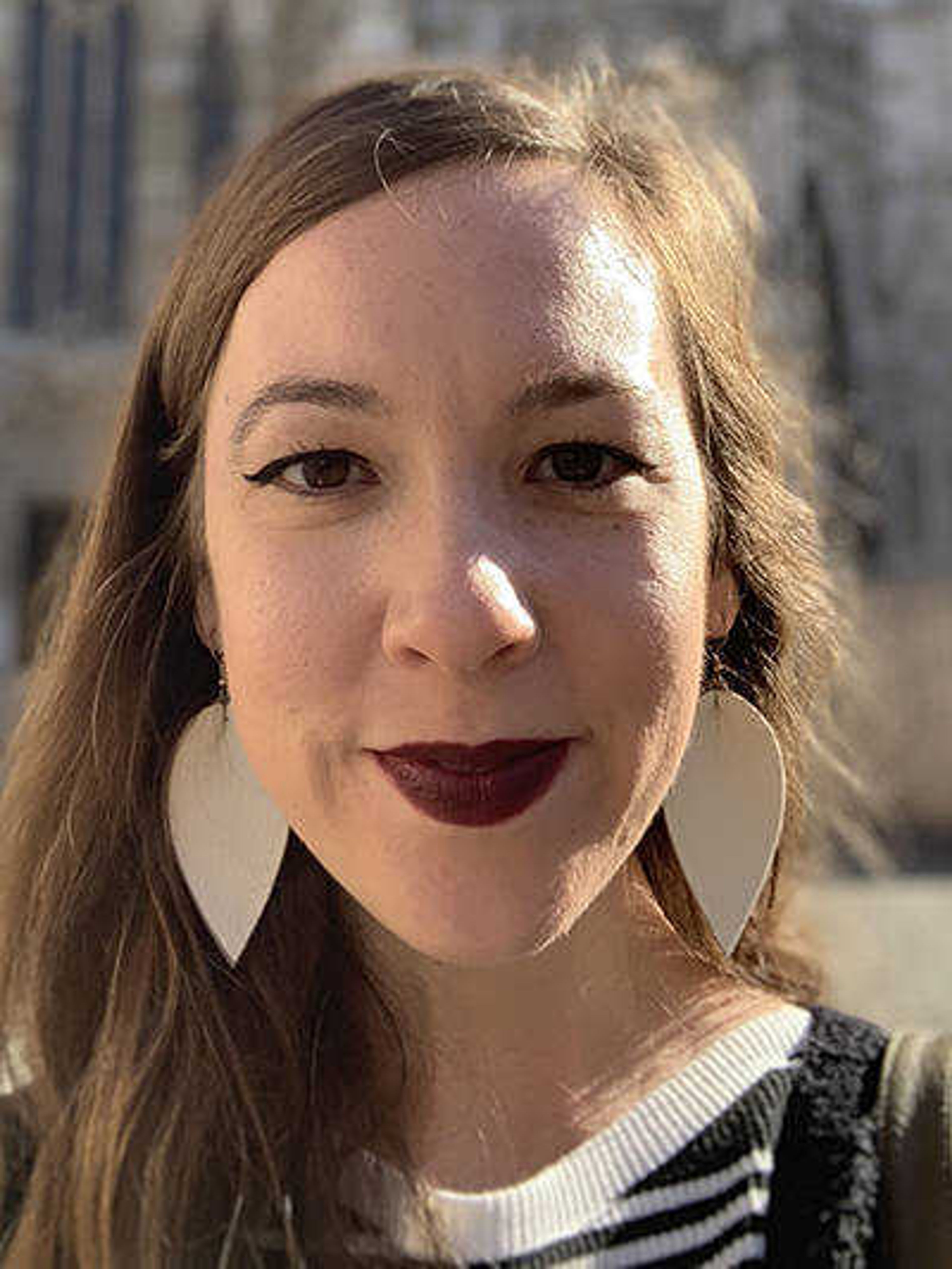Reflections on becoming
I remember the first time I heard Taylor Swift. I was 15, driving on Mount Auburn Road in Cape with my best friend who was newly 16. It was dark outside. "There's this girl named Taylor Swift ..." as she put in the CD. We listened to "Teardrops on My Guitar" first. ...
I remember the first time I heard Taylor Swift. I was 15, driving on Mount Auburn Road in Cape with my best friend who was newly 16. It was dark outside. "There's this girl named Taylor Swift ..." as she put in the CD. We listened to "Teardrops on My Guitar" first. As I heard the lyrics sung by a girl around my age about the pain of being overlooked, it was the first time I felt my experiences given voice, publicly validated. I didn't have to pretend to relate to an adult world I heard on the radio; someone was singing about these things I knew, too. Maybe it mattered. Maybe, so did I.
Last week, I listened to Taylor Swift's new album "Folklore" the night it dropped, outside, under the stars, with my sister. As I listened, I couldn't help but think I was listening to a woman who has become herself. "Exile" is beautiful maturity. "Seven" is the best song she's written. "Epiphany" is how you write a war protest song.
"Cardigan" reminded me of a line Leslie Marmon Silko wrote in her novel "Ceremony:" "If she had not been so young, she would have realized that ... the power she was feeling had always been inside her, growing, pushing to the surface, only its season coinciding with her new lover."
The album speaks to this. Taylor Swift's ingenious career has been both made and often overshadowed by who she is or is not dating. The media has told my generation of women this is what matters. And it does, this beautiful ability to enter into full gift of self for another. It is holy and good. But we can only be free to choose to give our love freely when we first believe we matter outside of any human relationship, and that no one can add to or subtract from this worth.
This album shows this: Taylor Swift has arrived. Maybe somewhere along the way, so have I. So have we all, my sisters. Many times. If there is never a final arrival until the end and that's the way we like it anyway, this freedom to grow and change and arrive and depart, let us look and see from whence we have come to this place we stand in now, eyes open wide, with a respectful yet unconcerned squint to where we might someday be, and let us praise the things we now know, and let us praise the things we now don't.
Because it is not the point to claim or acquire or condemn a man. The point is that we have loved and been loved in a myriad of ways that count and matter, romantic and otherwise, and that through this love, we ourselves have been changed. Here we are to claim ourselves. To testify to the women we have become when we stopped trying to prove anything to the world or to ourselves.
There are no neat answers; there are only the facts to observe and what we make of them, truths passed down through story. Folklore.
I write this here because some things -- most things -- all things -- are sacred. Let us ask our God if this is true of us, too, and listen for God's answer.
Thank you, Taylor.
Connect with the Southeast Missourian Newsroom:
For corrections to this story or other insights for the editor, click here. To submit a letter to the editor, click here. To learn about the Southeast Missourian’s AI Policy, click here.









